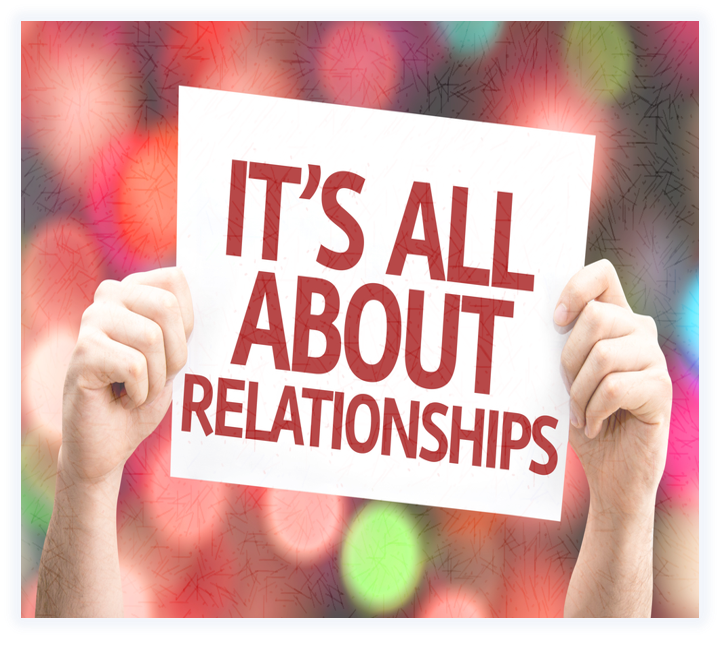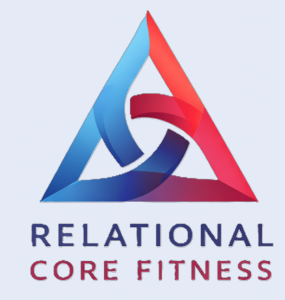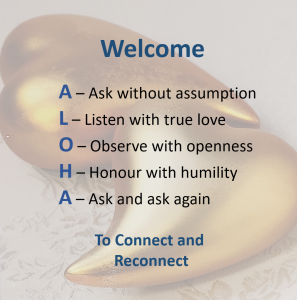Strengthening the Heart of Wellbeing
In today’s fast-paced and often divided world, relational fitness is no longer optional — it’s essential.
We are living through a loneliness epidemic and an emotional recession. The State of the Heart 2024 Report reveals a worrying decline in empathy and social cohesion.
Relational CORE Fitness helps us build emotional strength and reconnect with what matters most — healthy and rewarding relationships and our shared humanity. It’s the foundation for individual, relational, and collective wellbeing.
Beyond Physical Fitness: Building Our Relational Capacity
We train our bodies to stay strong — yet we rarely train our relational muscles.
Growing relational disharmony and social isolation show us it’s time to exercise our emotional, cultural, and human capacities:
-
- Clarity – understanding our relational ecology and dynamics.
- Openness – staying curious to see ourselves and others clearly.
- Regulation – managing our emotions for relational empowerment.
- Empathy – communicating with love, compassion, and assertiveness.
These four pillars are essential for connection, resilience, and emotional vitality.
Fit for Modern Relationships
Modern life requires a new kind of fitness — relational core fitness.
We’re surrounded by reactivity, competition, and “me-first” thinking. Social media amplifies blame and disconnection, while independence is celebrated over interdependence.
But relationships thrive on positive interdependence — the strength of mutual care, trust, and collaboration.
Relational CORE Fitness helps us shift from
-
- reaction to response,
- from isolation to connection, and
- from fear to love.
The Missing Pillar of Wellbeing
Wellbeing is more than physical health and wellness. It is about connection, about relational mindfulness that extends beyond centuries-old Eastern practices. It is through active engagement that we contribute to relational intelligence and relational empowerment, which asks of us:
-
- What are we mindful of?
- What do we care about?
- How can we live love, and love life?
Relational CORE Fitness reflects the true essence of mindfulness in motion. It bridges self-awareness with relational action, helping us cultivate self-compassion and care for others simultaneously.
Connection Is the New Strength
Decades of research affirm it: the Harvard Study of Adult Development found that it is the quality of our relationships – the way we interact and care for each other, and our sense of connection and community – that predicts the quality of our lives.
Relational CORE Fitness makes that possible. It helps us develop and practice core relational skills that strengthen our inner capacities to experience the joy of healthy and rewarding relationships.
Training for Connection
Relational CORE Fitness is grounded in three foundational areas:
-
- Relational Intelligence – contextual capacity
- Emotional Empowerment – inner capacity
- Conscious Communication – expressive capacity
Relational CORE Fitness is proactive, practical, and deeply human.
It equips us to:
-
- Understand our relational ecology
- Recognise our patterns and triggers
- Regulate our emotions with confidence
- Communicate with compassion and clarity
- Embrace repair and reconnect after conflict
- Build relational resilience in all areas of life
A Call to Collective Fitness
We live in a culture that celebrates independence — but true wellbeing grows through connection and mutual care.
Relational CORE Fitness helps us remember that we are all connected in the web of life.
When we strengthen our relational fitness, we contribute to a kinder world — one conversation, one act of empathy, one conscious choice at a time.
In the End
All relationships matter — starting with the one we have with ourselves.
Relational CORE Fitness reminds us that we are all perfectly imperfect, learning and growing through every connection.
When we practice relational fitness, we don’t just improve how we relate — we elevate how we live.
About Dr Birgit Trauer
Dr Birgit Trauer is the founder of the Relational CORE Fitness Series — an integrative relational capacity building approach to strengthening individual, relational, and societal wellbeing. Her work bridges social psychology, relationship science, and life wisdom to inspire more connected, compassionate relationships and communities.






